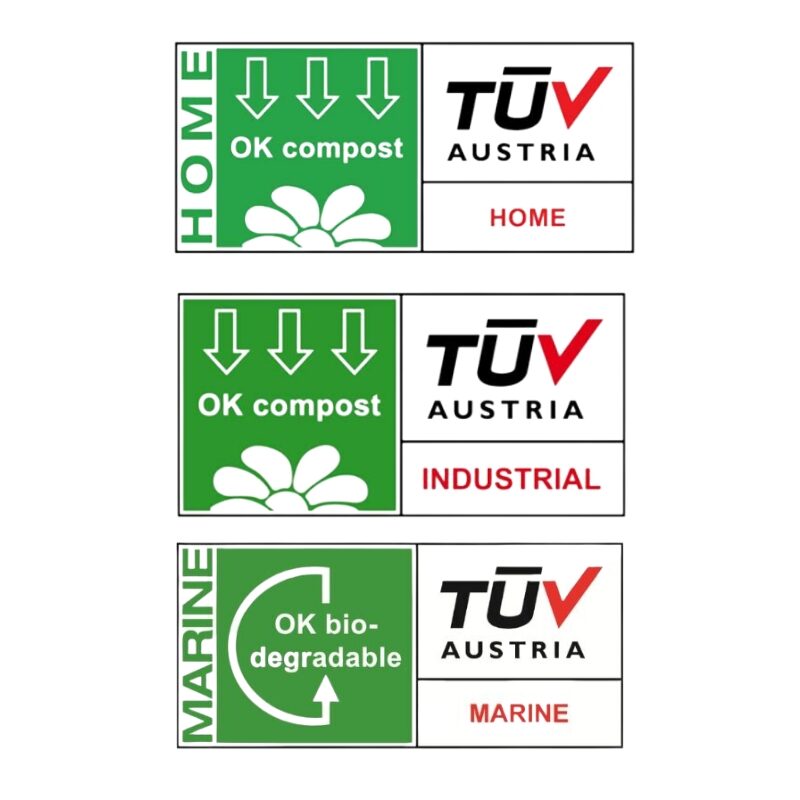A line to test the biodegradability of your plastics in industrial composting, home composting or marine environments.
IPC is conscious that it is often difficult to control what happens to plastics at the end of their lives. Consequently, the Plastics and Composites Technical Centre has set up the Biodégradix line to evaluate all the parameters required to develop a comprehensive view of the biodegradation potential of a polymer under the requirements of the relevant standards, in home composting (NF-T 51800 standard), industrial composting (EN13432 standard) and in a marine environment (ASTM D6691 standard).
Compost quality is assessed based on several analyses (humidity content, volatile solids content, presence of heavy metals, etc.).
Biodegradation is tested by examining the respiration of the consortium of bacteria in the compost in contact with the polymer or plastic being tested. The amount of CO2 that accumulates over time will give a biodegradation percentage for the polymer or plastic under the test conditions.
Disintegration is analysed in two ways:
Ecotoxicity is tested by growing two plants (wheat and white mustard) in compost made via quantitative disintegration. The impact of the compost containing the products of disintegration is studied by comparing the germination rates of the plants placed in it with rates in the control compost (not containing the materials).
Similar to testing the biodegradation of a polymer in compost, marine environment biodegradation testing begins by using various analyses to evaluate the quality of the polymer.
Marine environment biodegradation testing is carried out over a maximum period of 6 months at 30°C. The polymer tested must achieve 90% degradation.
As part of the marine environment biodegradation testing protocol, polymer disintegration is tested at 30°C under agitation, for a maximum of 84 days.
Ecotoxicity on Daphnia is tested in pre-incubated water containing the products of biodegradation of the plastic being tested. The water is placed in contact with the Daphnia and ecotoxicity is evaluated over 48 hours.

IPC is TÜV AUSTRIA-certified to deliver a certificate of biodegradability for your products as industrial compost (OK COMPOST INDUSTRIAL), as a domestic compost (OK COMPOST HOME) or in the sea (OK BIODEGRADABLE MARINE).
IPC has set up a biodegradation line that meets the requirements of the relevant standards.
IPC has developed a pilot recycling line for rigid and flexible plastics which can be adapted to tackle all challenges.